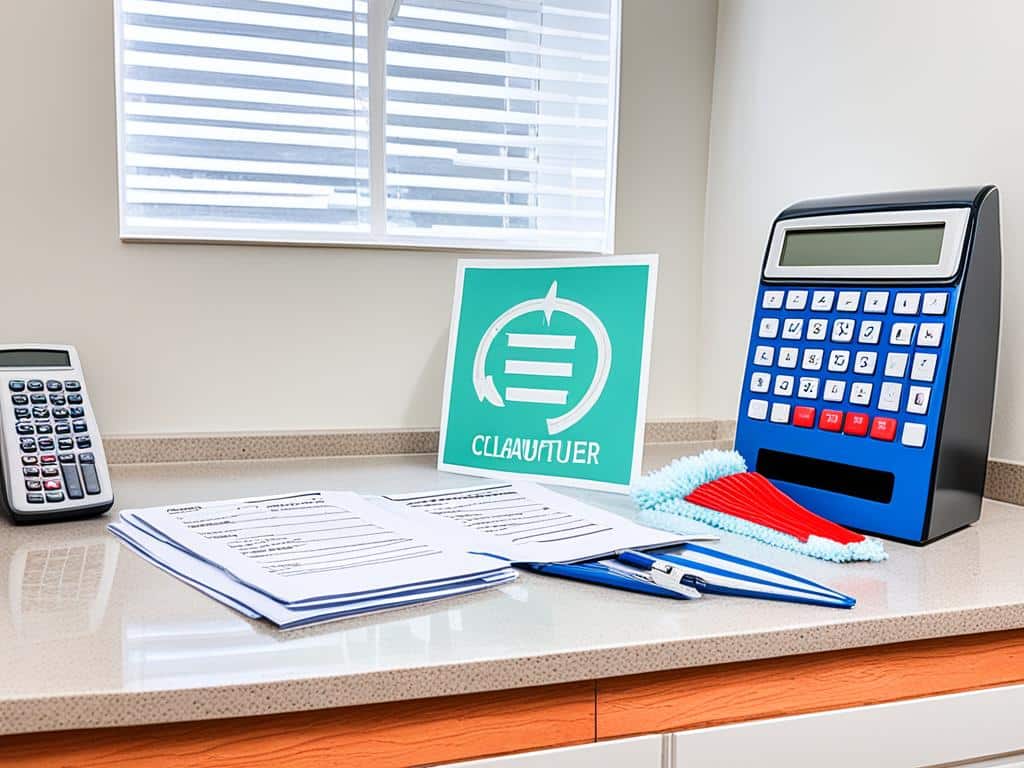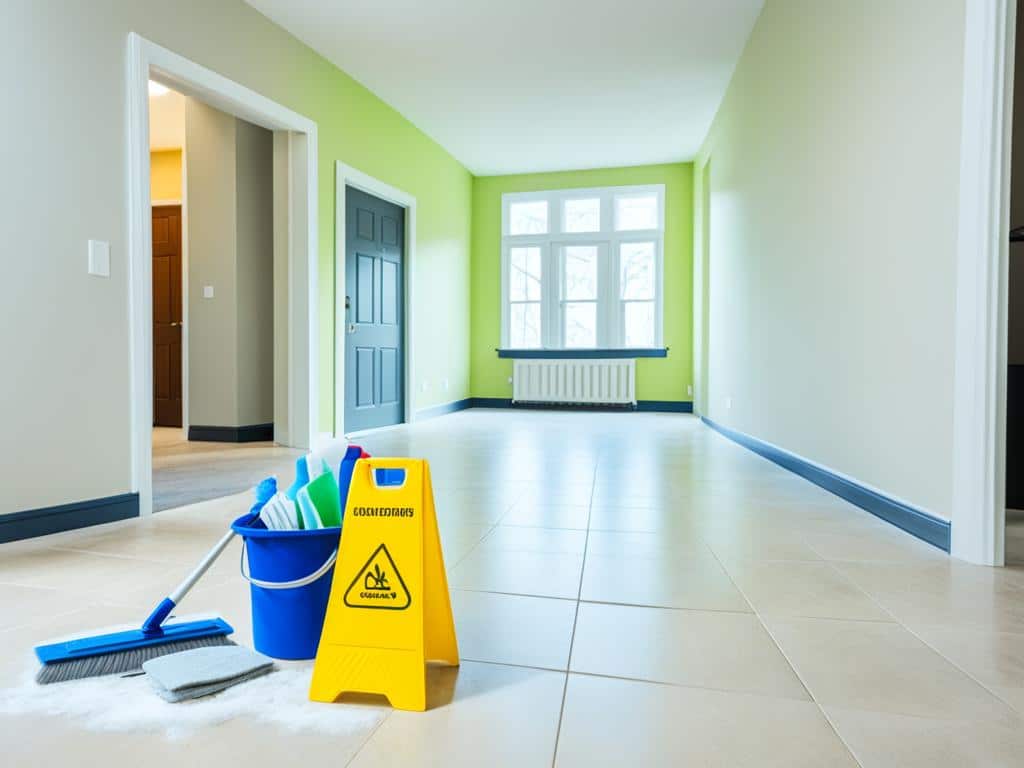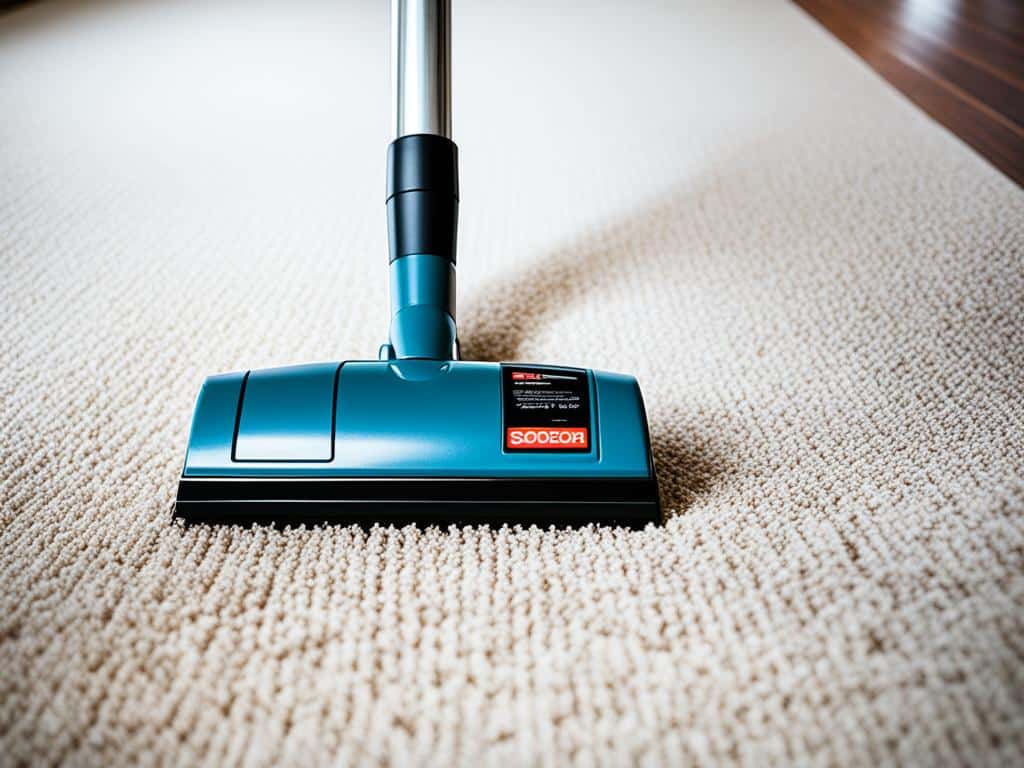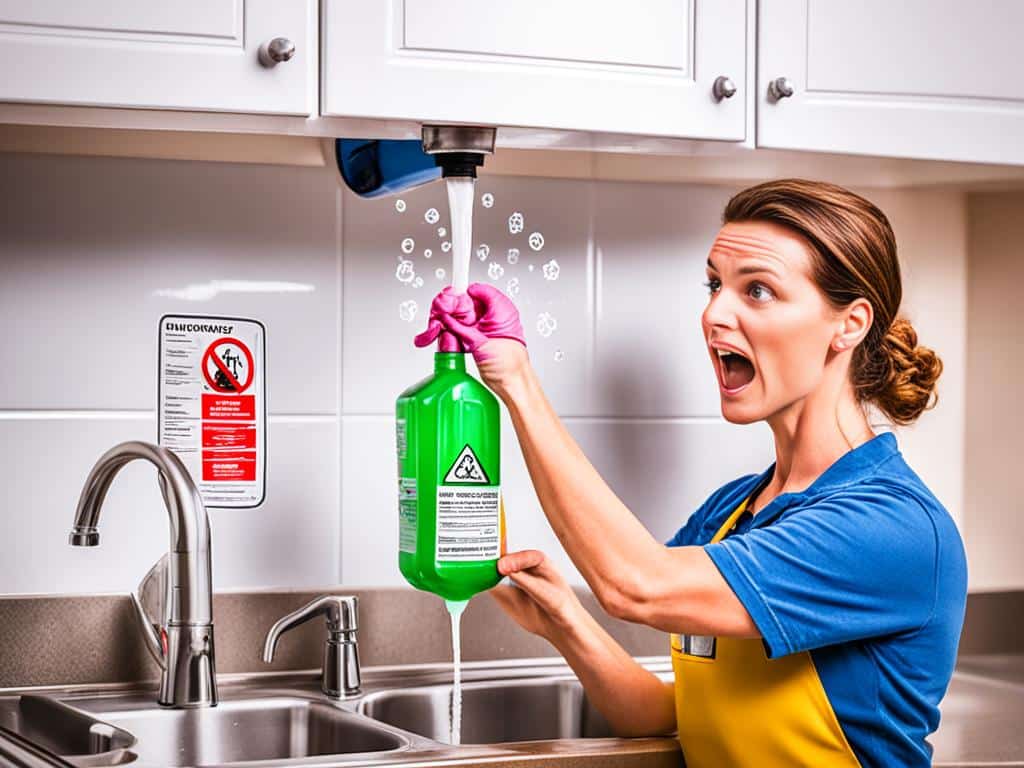
Have you ever wondered if using drain cleaner in your garbage disposal is safe, or are you just asking for trouble? It’s a common dilemma many homeowners face when dealing with a clogged garbage disposal. With the need for quick solutions to unclog kitchen sinks, it’s crucial to understand whether chemical drain cleaners offer a safe and effective remedy.
Let’s dive into the details of garbage disposal maintenance and safe drain cleaning practices to get to the bottom of this issue. Understanding the implications of using drain cleaners can help you make informed decisions and avoid potential damage to your disposal unit. Stay tuned as we unravel the facts and myths surrounding unclogging kitchen sinks with chemical cleaners.
Understanding Drain Cleaners
Drain cleaners are essential for maintaining clear household pipes. They come in various forms and help in removing clogs efficiently.
What Are Drain Cleaners?
Drain cleaners are substances used to unclog pipes. They work through chemical reactions or biological processes to break down materials. Whether you’re dealing with a minor clog removal or a stubborn blockage, these cleaners are your go-to solutions.
Common Types of Drain Cleaners
There are several types of drain cleaners, each with unique characteristics:
- Chemical Cleaners: These include strong substances like lye or sulfuric acid that dissolve obstructions.
- Enzymatic Drain Cleaners: These use natural enzymes to break down organic matter without harming pipes.
How Drain Cleaners Work
Chemical cleaners react with clogs, releasing heat and gas to dissolve debris. On the other hand, enzymatic drain cleaners use bacteria to digest the organic material causing the clog.
The process varies, but the goal is the same: efficient clog removal for better pipe flow.
How Garbage Disposals Operate
Your garbage disposal is an essential part of your kitchen waste management, grinding food scraps to prevent pipe blockages. Understanding how it works can help you maintain it effectively.
Mechanics of Garbage Disposals
Garbage disposals use centrifugal force to shred food. Once powered, garbage disposal blades spin at high speeds, breaking down waste. This theory minimizes clog risks by converting solid waste into fine particles.
Common Blockages in Disposals
Despite their efficiency, disposals sometimes face jams. Common causes include fibrous vegetables, bones, and grease. Identifying these jams early helps keep your kitchen waste management system functional.
Can You Put Drain Cleaner In A Garbage Disposal
When it comes to handling clogged garbage disposals, many ponder the effectiveness and safety of using drain cleaners. The issue of drain cleaner safety is a hot topic among homeowners and professionals alike. There are divided opinions about the use of chemical drain cleaners in these units.
Manufacturers often advise against using these products. They argue that certain chemicals can lead to disposal damage by corroding parts and dulling blades. From hydro-jetting to enzyme-based cleaners, there are organic options that offer safer clog remedies.
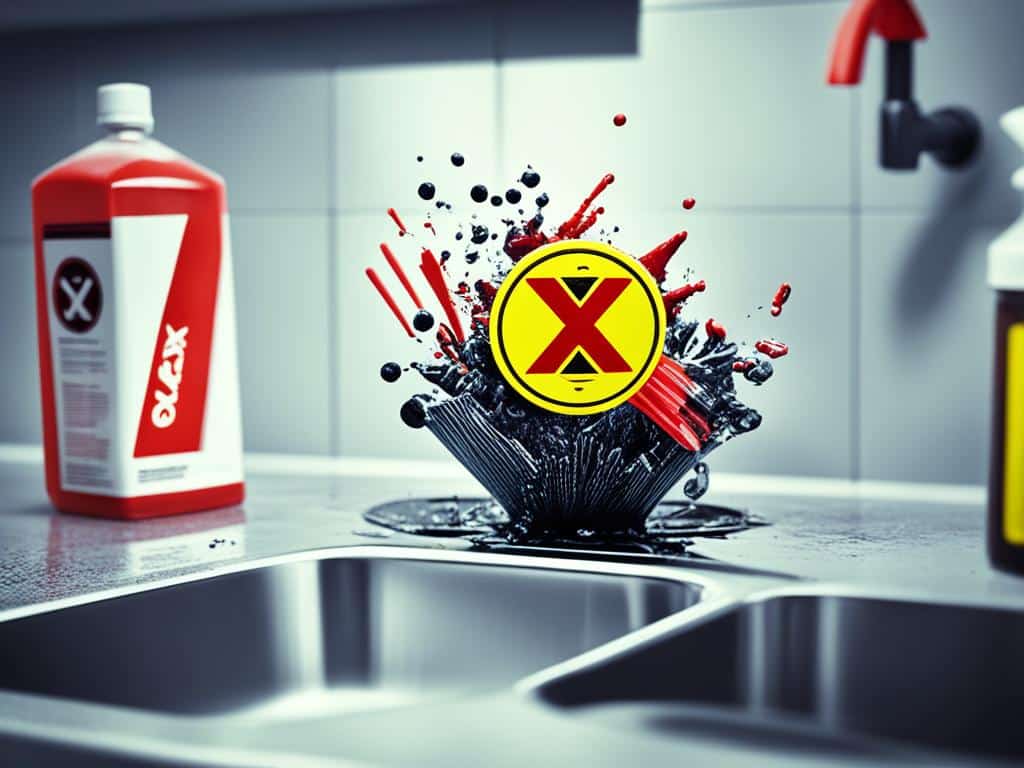
Real-life practices, however, sometimes differ from manufacturer recommendations. Some users report limited success, though experts caution about the potential risks. Balancing immediate clog remedies with long-term maintenance is crucial in deciding your approach.
Here’s a comparison of perspectives:
| Perspective | Viewpoint |
|---|---|
| Manufacturers | Chemical cleaners can cause disposal damage |
| Professionals | Prefer natural or enzymatic methods for clog remedies |
| Homeowners | Mixed results; some find them effective, others face disposal damage |
In summary, the debate on drain cleaner safety continues. Consulting experts and considering alternative clog remedies may help in making an informed decision.
Potential Risks of Using Drain Cleaner
Using drain cleaners in your garbage disposal can cause more harm than good. Here, we’ll discuss the potential risks, including disposal unit damage, plumbing corrosion, and chemical safety.
Damage to the Garbage Disposal
Drain cleaners contain harsh chemicals that can wreak havoc on your garbage disposal. Persistent use can lead to disposal unit damage, potentially ruining blades and causing motor failure. Even one time can be detrimental.
Harm to Pipes and Plumbing
The chemicals in drain cleaners can cause plumbing corrosion. These substances react with metal pipes, leading to leaks and blockages. Over time, the integrity of your plumbing system may degrade, resulting in costly repairs.
Safety Concerns for You
Chemical drain cleaners pose significant chemical safety risks. Inhaling fumes or accidentally getting the cleaner on your skin can lead to respiratory problems, burns, and other serious health issues. Always handle these products with extreme caution.
Safe Alternatives to Drain Cleaners
When you face a clogged garbage disposal, reaching for a chemical drain cleaner isn’t always the safest option. Thankfully, several natural drain cleaning methods can effectively unclog your disposal without causing harm.
Using Natural Methods
Natural drain cleaning is a safer and eco-friendly way to clear out blockages. Mix baking soda and vinegar, then pour the mixture down your disposal. Let it sit for a few minutes and flush with hot water. Lemon juice can also help in cleaning and deodorizing your disposal system.
Manual Removal Techniques
Sometimes, manual clog removal is necessary for stubborn blockages. Disconnect the power to your disposal unit and use tongs or a long tool to dislodge food particles or debris manually. This method ensures thorough disposal care without risking damage from chemicals.
Preventative Measures
Prevent future clogs with regular maintenance and careful kitchen waste management. Avoid putting fibrous foods, grease, and non-food items down the disposal. Rinse your disposal with cold water after every use for optimal care. These simple steps can save you from frequent blockages and prolong the life of your unit.
| Method | Steps | Benefits |
|---|---|---|
| Natural Methods | Use baking soda and vinegar or lemon juice | Eco-friendly, safe for pipes, deodorizes |
| Manual Techniques | Turn off power, use tools to remove clogs | Direct removal, avoids chemical risks |
| Preventative Measures | Avoid fibrous foods, rinse with cold water | Prevents clogs, prolongs disposal life |
Steps to Take If You’ve Used Drain Cleaner
If you’ve already used a drain cleaner in your garbage disposal, immediate steps can help mitigate potential damage.
- Turn Off the Power – Before doing anything, make sure your garbage disposal unit is unplugged or the circuit breaker is switched off. This is critical for your safety.
- Flush with Cold Water – Run cold water through the disposal. It helps dilute the chemicals and minimizes damage.
- Neutralize the Residue – For *plumbing first aid*, use baking soda and vinegar to neutralize any lingering chemicals. Pour half a cup of baking soda followed by a cup of vinegar.
- Assess the Damage – Inspect the disposal and pipes for any signs of damage. Look for leaks, corrosion, or any unusual noises when turning the unit on.
- Call a Professional – If there are signs of damage or if the clog persists, it’s time to call in a professional. They can provide effective *disposal system recovery* services.
Following these *plumbing first aid* steps is essential to mitigate adverse effects and ensure effective *disposal system recovery*. Immediate action can reduce the *drain cleaner aftermath* impact on your home’s plumbing.
Conclusion
Maintaining your garbage disposal doesn’t have to be complicated when you follow drain cleaning best practices. The key takeaway from this article is to prioritize safety and the integrity of your plumbing system. Avoid the use of harsh chemical drain cleaners that can damage your disposal and pipes.
Instead, consider natural methods and manual removal techniques. These alternatives not only safeguard your kitchen sink maintenance but also promote a more environmentally friendly approach. Regular maintenance, such as preventing food waste buildup and using cold water while operating the disposal, can go a long way in ensuring smooth functioning.
In summary, when faced with a clogged garbage disposal, remember to think twice before reaching for a chemical drain cleaner. Opt for safer, more effective solutions that will keep your kitchen running smoothly and your plumbing in top condition. By embracing these drain cleaning best practices, you’ll ensure a longer lifespan for your disposal and fewer plumbing problems down the road.

